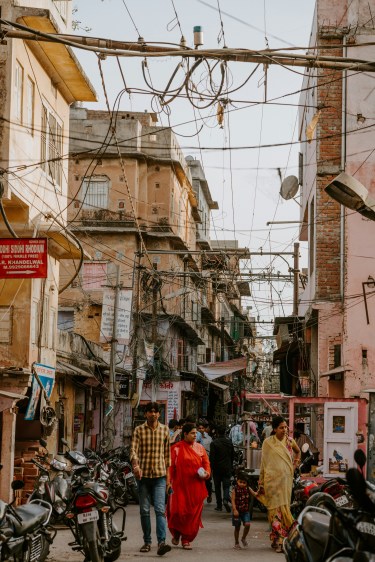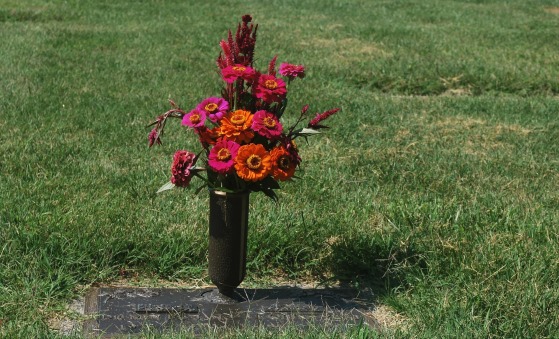
In a significant meeting that brought together Christian parliamentarians and Catholic church leadership in New Delhi, approximately 20 Opposition MPs have called upon the Catholic Bishops' Conference of India (CBCI) to take a principled stance against the contentious Waqf (Amendment) Bill, 2024.
The gathering, which took place on 3 December and was chaired by CBCI president Archbishop Andrews Thazhath, marked the first such meeting between Catholic clergy and Christian MPs in several decades. The lawmakers, predominantly from Opposition parties, emphasised the importance of supporting minority rights enshrined in the Constitution.
Among the notable attendees were Derek O’Brien of the Trinamool Congress, John Brittas of the Communist Party of India (Marxist), Congress MPs Hibi Eden, Dean Kuriakose, and Anto Antony, alongside Richard Vanlalhmangaiha from the Zoram People’s Movement Party of Mizoram. Union Minister of State for Minority Affairs George Kurien, representing the BJP, joined the proceedings towards the conclusion.
The MPs expressed particular concern about the Waqf (Amendment) Bill, which is currently under review by a Joint Parliamentary Committee (JPC). The proposed legislation, which would alter the composition of the Central Waqf Council and Waqf Boards to include non-Muslim members, has been criticised for potentially infringing upon constitutional values.
To illustrate their concerns, parliamentarians cited a specific case from Kerala, where the State Waqf Board has laid claim to 404 acres of land along the Munambam coast in Ernakulam district. This land has been home to approximately 600 Christian and Hindu families for generations, highlighting the practical implications of the proposed amendments.
The meeting's agenda, circulated beforehand by the CBCI, covered several pressing issues affecting minority communities, including increasing attacks on churches and Christian institutions, anti-conversion laws, the ongoing situation in Manipur, denial of Scheduled Tribe rights to Dalit Christians, and challenges related to the Foreign Contribution Regulation Act (FCRA).
Some MPs at the gathering advocated for a more proactive approach from the Christian leadership. One senior opposition member suggested highlighting “positive points” and the community's current contributions, noting that three-quarters of students in Christian institutions come from different religious backgrounds.
The relationship between church leadership and the government since 2014 also came under scrutiny, with one participant describing it as becoming “transactional”. MPs emphasised the need to move beyond “photo ops” and called for a stronger stance in defending constitutional values.
The CBCI, however, sought to downplay the political nature of the gathering, describing it in a subsequent release as “an informal Christmas gathering” that concluded with a dinner fostering “a spirit of camaraderie and festive cheer”. This characterisation was questioned by some attendees, who pointed to the formal agenda that had been distributed beforehand.
Additional concerns raised during the meeting included the abolition of reserved seats for Anglo Indians in the Lok Sabha and ten state assemblies, as well as the cancellation of FCRA licences for various Christian organisations in recent years. Some MPs also discussed the recent Thrissur Lok Sabha election result, where BJP's Suresh Gopi emerged victorious.




